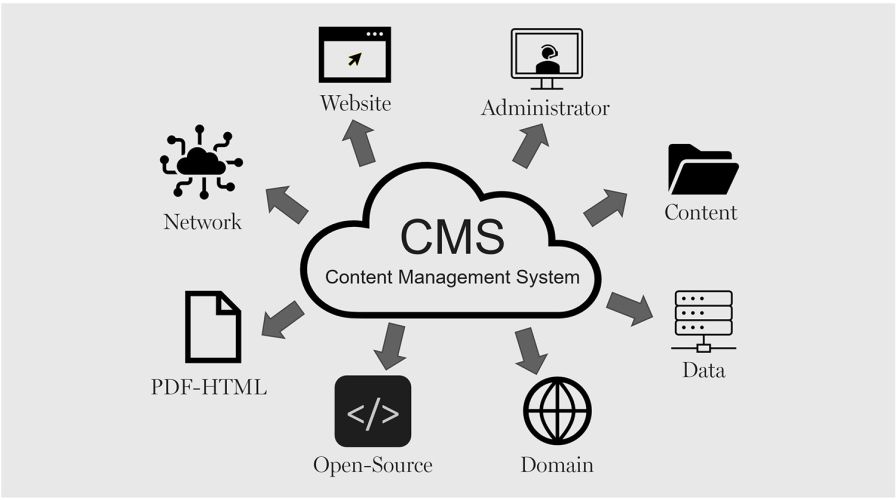
As we stand on the brink of 2024, the marketing landscape is evolving at an unprecedented pace. With technology and consumer behaviors constantly shifting, businesses and marketers must stay ahead of the curve to remain competitive and effective.
1. AI-Powered Personalization Continues to Advance
Artificial Intelligence (AI) has been steadily transforming marketing strategies, and 2024 is set to bring even more sophisticated AI applications. Consumers now expect personalized experiences, from product recommendations to tailored email campaigns. AI is invaluable for collecting and analyzing consumer data to predict behavior, preferences, and needs.
Applications of AI in Marketing:
- Dynamic Content Personalization: AI allows brands to adjust content based on user behavior in real time, enhancing engagement.
- Predictive Analysis: Marketers can use AI-driven insights to anticipate customer needs and deliver tailored campaigns.
- Enhanced Customer Support: AI-powered chatbots are getting smarter, providing instant, accurate responses and offering 24/7 support for higher customer satisfaction.
2. Short-form video Dominates Content Consumption
Video content is a powerhouse in digital marketing, but short-form videos—content under 60 seconds—are experiencing exponential growth. Platforms like TikTok, Instagram Reels, and YouTube Shorts are pushing the popularity of easily consumable video content. This format captures attention quickly and allows brands to deliver impactful, bite-sized messages that users are more likely to watch and share.
Short-Form Video Trends:
- Engagement-Focused Content: Use videos to share tips, brand stories, and user-generated content to keep audiences engaged.
- Live Video: Real-time interaction fosters community and builds trust, especially when highlighting behind-the-scenes glimpses of your brand.
- Interactive Video: Shoppable videos let users interact with content, clicking through to make purchases instantly.
3. Voice Search Optimization Becomes Essential
Voice search is becoming a preferred way for users to find information, especially on mobile devices. As voice search usage increases, brands must adapt their content for natural language queries. In 2024, “conversational SEO” will be crucial for ensuring your content aligns with how consumers search via voice-activated devices like Alexa, Google Assistant, and Siri.
Optimizing for Voice Search:
- Use Natural Language: Content should reflect how people talk, making it conversational and clear.
- Focus on Questions: Voice searches often start with “who,” “what,” “where,” or “how,” so include question phrases in your content.
- Prioritize Local SEO: Many voice searches involve location-based queries, so ensure your business is optimized for local searches.
4. Rise of Social Commerce
Social media platforms are transforming from engagement-focused channels to viable sales channels, with social commerce growing in popularity. Facebook, Instagram, and TikTok are incorporating “shop now” and “checkout” options directly on their platforms. This allows users to browse, shop, and buy without leaving the app, creating a streamlined, enjoyable shopping experience.
Why Social Commerce Matters:
- Increased Convenience: Fewer steps to purchase means users are more likely to buy.
- Enhanced Trust and Engagement: Social proof in the form of likes, shares, and reviews is readily accessible, boosting consumer confidence.
- Interactive Ads: With options like shoppable posts, consumers can engage directly with products, boosting conversions.
5. Privacy-First Marketing
In 2024, transparency and data protection will remain a top priority as consumers grow increasingly concerned about their privacy. As third-party cookies are phased out, brands need to focus on building direct relationships with customers by collecting data ethically and transparently.
Privacy-Centric Marketing Practices:
- Zero-Party Data Collection: Gain data directly from consumers through surveys, quizzes, and preference centers.
- Transparent Communication: Let consumers know how their data is being used and the benefits they gain.
- Consent-Driven Marketing: Always request explicit permission to use customer data, enhancing trust and compliance.
6. Influencer Marketing Shifts Toward Authenticity
In 2024, influencer marketing will emphasize authenticity over high follower counts. While mega influencers have their place, brands are increasingly turning to micro and nano influencers who have highly engaged, niche followings. These influencers can help brands connect with specific audiences on a more personal level.
Why Micro and Nano Influencers Are Effective:
- Higher Engagement: Smaller influencers often have stronger connections with their followers, fostering genuine engagement.
- Niche Targeting: Brands can target specific demographics, from lifestyle to industry-specific audiences.
- Cost-Effective: Partnering with niche influencers can yield higher returns without breaking the budget.
7. Interactive Content Takes Center Stage
As consumers expect more engaging experiences, interactive content like quizzes, polls, and 360-degree videos will become increasingly popular in 2024. Not only does this type of content capture attention, but it also encourages longer interaction times and more in-depth engagement.
Effective Forms of Interactive Content:
- Augmented Reality (AR): Retailers can allow consumers to “try on” products, enhancing the shopping experience.
- Quizzes and Surveys: Interactive elements that provide insights into consumer preferences and allow for data collection.
- Clickable Infographics: Engagingly simplifies complex information, increasing retention and sharing potential.
8. Sustainable and Ethical Marketing
Consumers are increasingly concerned about sustainability, seeking out brands that prioritize ethical practices. In 2024, incorporating sustainability into your brand story will be essential for attracting environmentally conscious consumers. Sustainable marketing goes beyond product features to communicate a brand’s values and long-term commitment to the environment.
Implementing Sustainable Practices:
- Eco-Friendly Packaging: Highlight your commitment to sustainability through recyclable or biodegradable packaging.
- Transparent Sourcing: Communicate the origins and ethical production of your products.
- Reduce Carbon Footprint: Share efforts to minimize environmental impact, such as carbon offset programs.
9. The Evolution of Omnichannel Marketing
In 2024, omnichannel marketing will continue to be crucial for delivering a seamless experience across platforms and devices. Consumers today engage with brands through multiple channels, from social media to email to in-store visits. A cohesive omnichannel strategy ensures that customers have a consistent, positive experience no matter where they interact with your brand.
Key Elements of a Successful Omnichannel Strategy:
- Integrated Technology: Use CRM and analytics tools to track and personalize interactions across channels.
- Consistency: Ensure branding, messaging, and promotions are aligned across all channels.
- Personalization: Leverage data to deliver personalized experiences that meet customer needs on each platform.




